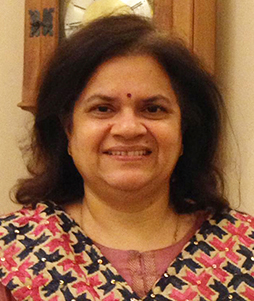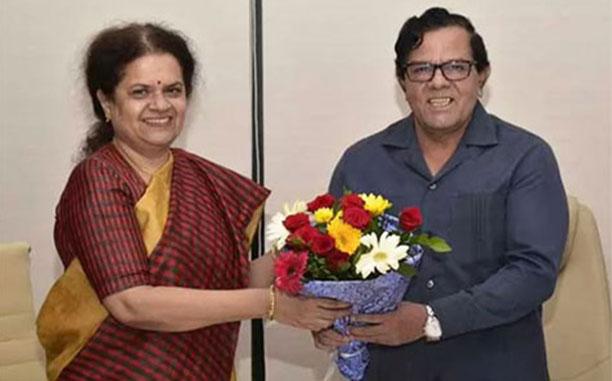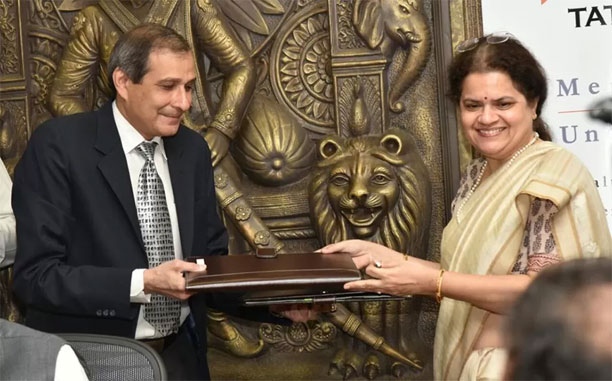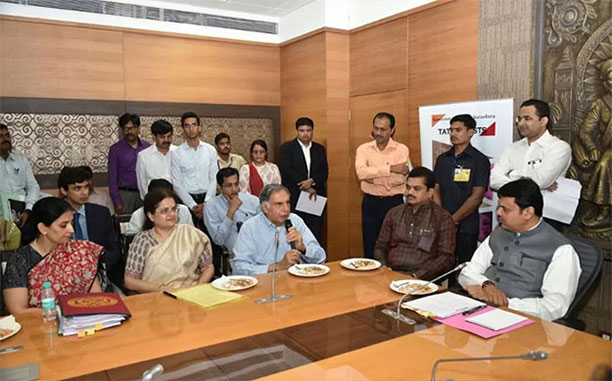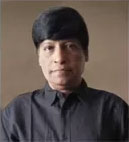As Managing Director of Haffkine Biopharma, Ms Medha was entrusted with the responsibility of its resurgence. Between 2003 and 2008, along with Dr Ravi Bapat, the HBPCL Chairman, she not only turned the institute around into a profit-making enterprise, but also got for it the coveted UN accreditation. In the process, the company became the first public sector undertaking and sixth in the country in the healthcare sector to get so. Picking up the gauntlet without much fuss, she was instrumental in making its Oral Polio Vaccine (OPV) facilities top class. In effect, she was a conduit in the firm ranking amongst the five companies listed worldwide an the one that played a major role in the eradication of polio from India. Even as the Additional Chief Secretary, Department of Medical Education, her mandate was to improve the standards of education in medical schools and also increase the number of institutions providing quality medical education.
The streak to accept challenges and being equal to them was probably inbuilt. She played a stellar role in setting up the AIDS Control Society in Maharashtra in 1998 enlisting the cooperation of diverse stakeholders at a time when even uttering the word AIDS was a taboo. Thanks to the ceaseless work done by the Society, there was a rising awareness about HIV-AIDS, especially among school-going children, and the number of HIV cases dropped down appreciably.
Although she spent major part of her career in Mumbai, her assignments in rural areas were no less noteworthy. As District Collector of Ahmednagar, she had to grapple with the drought-prone areas. “As Collector, you are virtually the CEO of the district and are responsible for the functioning of the entire district. This turned out to be a challenging stint as several water disputes across the district existed and these had to be resolved amicably. I was successful in achieving this.”
As Principal Secretary Home Department (Maharashtra), she realized that unlike men, the women in jails are often the victims of circumstances. The Department started India’s first open jail for women in Yerwada, Pune on March 16, 2010. She describes it as a historic moment unfolding in the centenary year of the International Women’s Day, “I feel women have come a long way from being perceived as second-rate citizens. Many women are now working in highly competitive fields and are now in jobs which were once dominated by males. Nonetheless, there is still a large section of women in India, who are discriminated against, especially in rural areas. As for me, I have never faced any discrimination as a woman officer.”
Rated by her contemporaries as an outstanding officer, Ms Medha finds violence against women a very disturbing trend. She argues that mere policing is not enough. We should aim for a multi-pronged approach to tackle the issue. We need to bring up children by inculcating the right values among them and to move towards a society which has gender equality. The media can play an important role in bringing about this change, she opines. In the backdrop of her views it is sad that Maharashtra, always billed as a progressive state, lost an opportunity of boasting the first and only woman Chief Secretary.
Being publicity-shy, Ms Medha has abstained from the social media. “In my considered belief, a bureaucrat should not trumpet his/her work. I always stayed away from limelight but it is also a price I paid with. Times have changed and how, but I have no regrets that I have lost out on that. Looking back, I feel the respect I earned – and continue to earn even after retirement – as my biggest award and recognition. I have always derived my contentment in working with global agencies and trying to be perpetually creative,” she says reflecting on her career.
Ms Medha believes that being balanced has always been her watchword. “Whether in my professional or personal life, I have always kept my equilibrium. No extremes for me. I have an excellent support system in my husband and family. Reading, Meditation and Spirituality are my time-tested stress busters. Who knows, I might pen down my memoirs some day,” she says with the detachment that comes through her demeanour.
Ms Medha’s journey is like the art of a woven tapestry — each experience like a thread of colour patterned into embroidery. Its vibrancy unveils when it is fully laid out.

